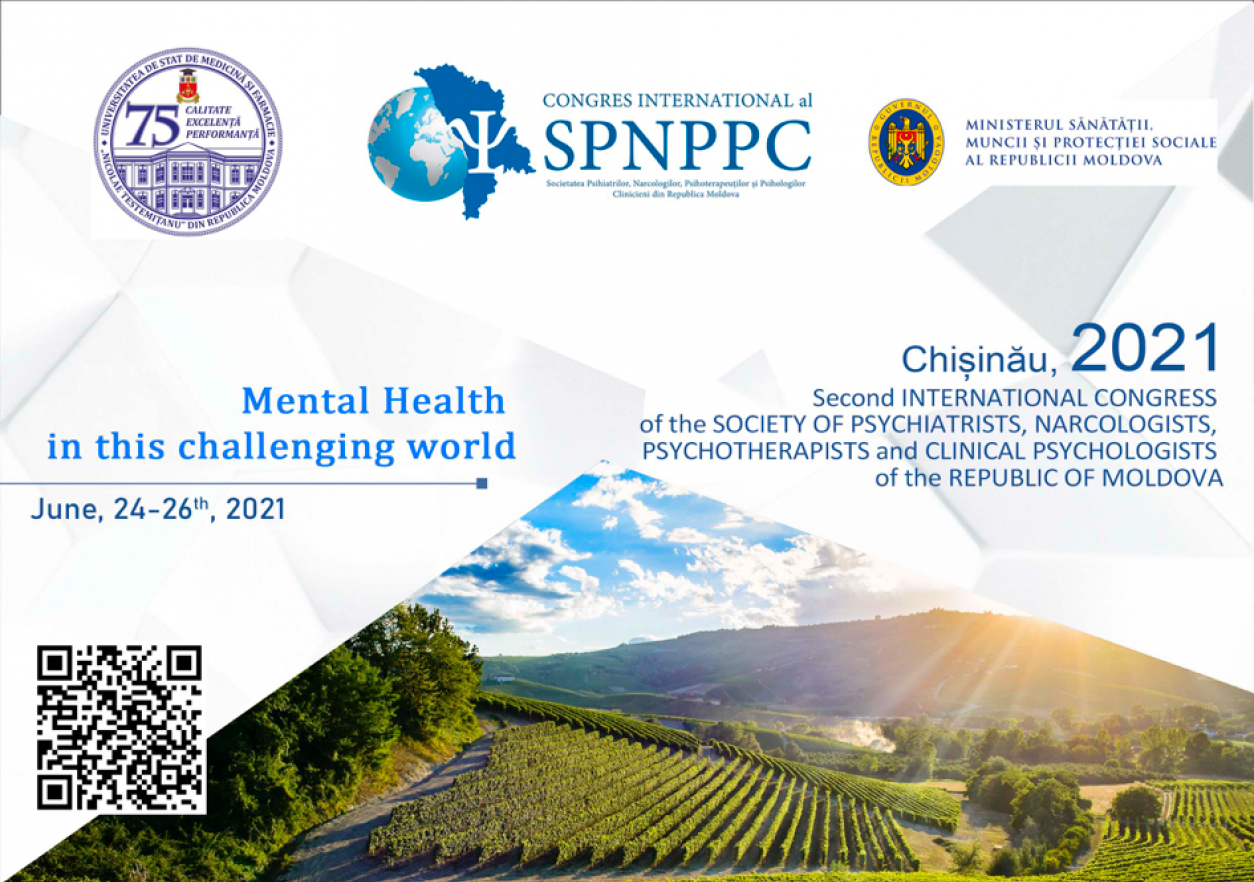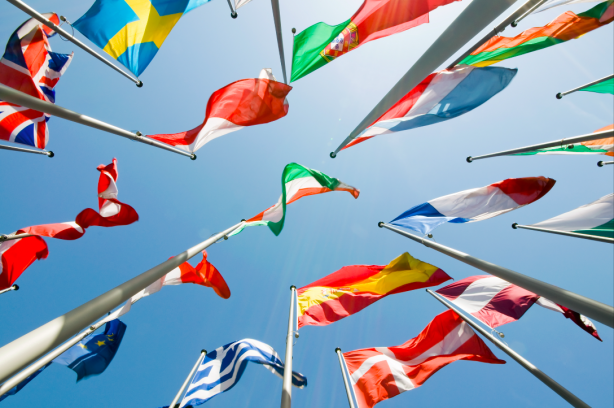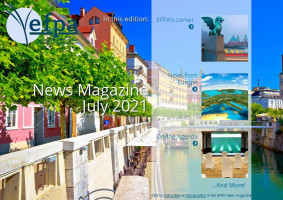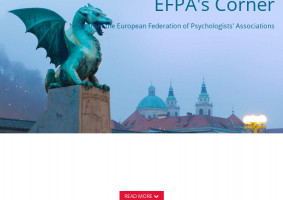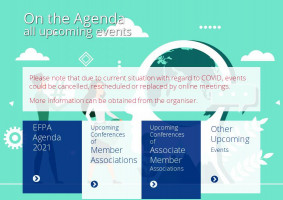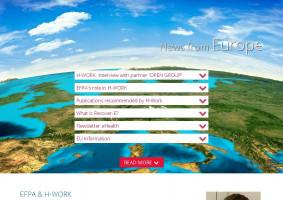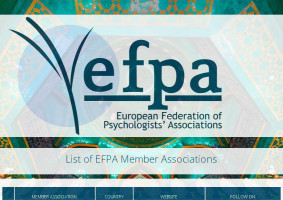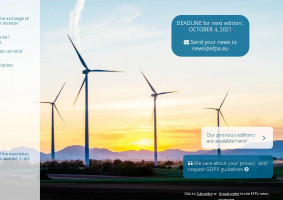READ MORE
NEW: EFPA News Magazine Interview Section
EFPA is one of the 14 partners of the EU funded project H-Work Multilevel interventions to promote mental health in SME’s and Public Workplaces.
With this interview section in the EFPA News Magazine, we aim to keep our member associations informed about the progress in the H-Work project and to provide insight into the role of the different partners of the consortium. These interviews with project partners will become a permanent section. We hope it makes for a pleasant and informative read.
For this edition, Jolien Vandeneynde interviewed Alice Facchini, Journalist of the 'OPEN GROUP'.
H-WORK interview: Alice Facchini, Journalist of OPEN GROUP
By: Jolien Vandeneynde
1. What is the role of your organization in the H-Work Project?
In the H-WORK project, Open Group is the leader of the WP7 “PROMOTE: Communication & dissemination, policy briefs and recommendations”. Within WP7, Open Group is responsible for the communication and dissemination of H-WORK goals and coordinates this task across the consortium and throughout the whole project. To accomplish this objective, Open Group defined the main guidelines for a high impact communication strategy and works in close collaboration with all the partners of the Consortium.
2. What is your role within the project?
I am the responsible of the communication strategy of the H-WORK project – in particular, I work on the contents for the H-WORK website and newsletter, for the social media pages (Twitter and LinkedIn) and for the graphic materials.
-
In fact, all the H-WORK communication actions aim at connecting the project’s objectives and results to a wide audience using the promotional influence of websites, social media, press office activities, newsletters and all the other channels made available by all partners.
3. Can you present your team?
The Open Group team is composed by six people: Alice Facchini, journalist and responsible of the communication strategy of the H-WORK project; Alessandro Gabriele, coordinator of the communication agency Be Open, part of Open Group; Manfredi Liparoti, journalist and social media expert; Riccardo Mazzoli and Gloria Pernat, graphic designers, and Massimiliano Bartoloni, videomaker.
4. What is the impact of COVID on the work of your organization for the H-Work project?
Luckily, our work was not exaggeratedly impacted by the covid-19 emergency, because most of the activities are carried out remotely. What we were unable to do was to participate in person in conferences and meetings, which would have allowed us to get to know the other partners better and do team building activities.
To read the full interview, fold out:
5. What has your team accomplished in the project so far?
First of all, Open Group contributed to build a solid project identity creating the H-WORK logo, that is used to strengthen the project consistency and to deliver clear messages to the audience. Then, we opened new communication channels: the H-WORK website, that is the main showcase of the projects; the H-WORK newsletter, that is sent every three months; the Twitter and LinkedIn pages. We have already published 20 news on the H-WORK website, we have already sent 3 newsletters with 120 direct recipients, and we have created a strong community, with 188 followers on Twitter and 233 on LinkedIn. Also, we produced promotional materials (print and digital version) and a video that promotes the H-WORK project explaining the setting, the EU call, the objectives, the birth of the Consortium and the challenges the project intends to tackle.
6. What are you currently working on and what are the next steps?
At the moment, we are working together with the partners of the Consortium to write other news to update the website and give an overview about how the project is progressing, focusing on the new Group 2 activities and on the reopening after the second lockdown. Also, we are writing the first periodic report for the European Commission.
7. What are currently the main obstacles for your work and for the project in general?
In my opinion, now the main obstacle for the H-WORK project is to carry out the activities despite the closures and difficulties due to the Covid-19 pandemic. Fortunately, the partners found different solutions and are continuing to bring forward the project in an efficient and effective way.
8. What are your expectations regarding the outcomes of the project?
Our main objective is to guarantee an effective communication of the project activities, outcomes and findings, recommendations and guidelines at local, national and EU level. We would like to create awareness and raise the visibility of the project and its objectives and ensure an extensive public coverage of the project and its findings. Also, the aim is to identify and thus encourage participation of all relevant stakeholders and the general public and set the ground for the sustainability and further exploitation of the project results.
9. How do you think your organization and EFPA can collaborate in the H-Work Project?
Open Group and EFPA are collaborating in the H-WORK communication and dissemination strategy, supporting each other in producing communication materials and contributing to maximise the impact of the project.H-WORK and EFPA
H-WORK consortium brings together broad multi-disciplinary expertise that unites the leading knowledge in the field of occupational health, methodology, policy development and communication, while at the same time provides additional expertise in advanced technologies and innovation. EFPA is partner in this EU project (2019-2023) which has received funding from the European Union’s Horizon 2020 research and innovation programme under grant agreement No 847386.Back to top
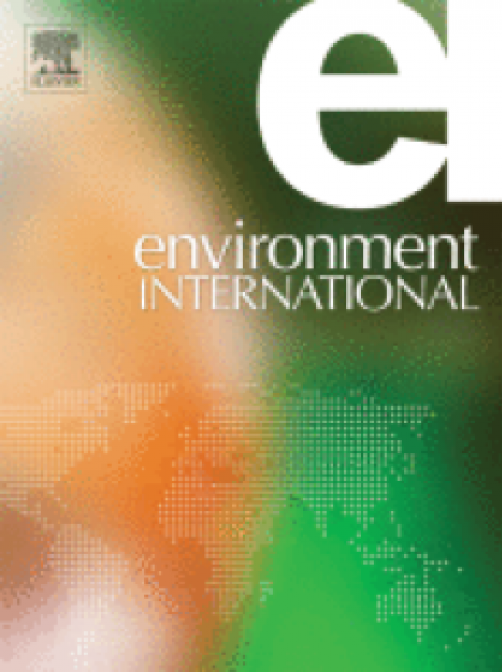
The effect of exposure to long working hours on ischaemic heart disease: A systematic review and meta-analysis from the WHO/ILO Joint Estimates of the Work-related Burden of Disease and Injury
What is the effect of exposure to #longworkinghours on ischaemic heart disease (IHD)? A new systematic review and meta-analysis of parameters aims to estimate the number of deaths and disability-adjusted life years from IHD that are attributable to this cause.
You can find the open access article here WHO: World Health Organization
ILO: International Labour Organization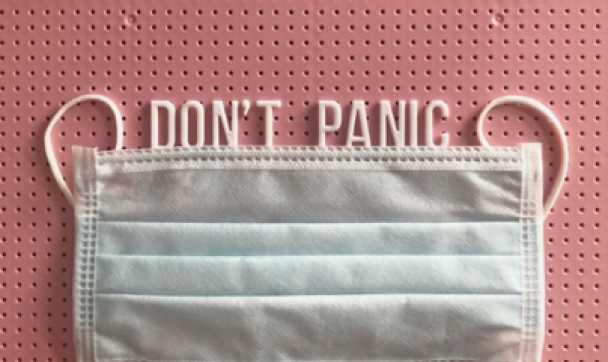
How to manage the pandemic in the workplace: the experience of ‘VALORA PREVENCIÓN’
By José Luis Ribes Muñoz, OSH practitioner, Valora Prevención
“Prevention, action and contingency plan against Covid-19”: this is the title of the document prepared by Valora Prevención to provide recommendations on how to prevent the spread of the Coronavirus, also following guidelines from official organisations such as WHO, the ILO and the Ministry of Health.
On the one hand, the measures proposed in the document are based on telework whenever possible; on the other hand, where this option is not feasible, collective measures are suggested to ensure the safety distance in each job as well as in the common areas of the organisation (e.g., dressing rooms, dining rooms, toilets, access areas). These collective measures include the placement of screens, reorganisation of jobs, access control, closure of shared areas, cleaning, and continuous disinfection of the facilities.
RECOVER-E present at ‘Mental Health in this challenging world’ June 24-26, 2021 Chisinau, Moldova.
More information Symposium: implementing community mental health teams with peer workers in Eastern and Central Europe.
Back to top
Newsletter eHealth, Wellbeing & Ageing, June 2021Read the newsletter here, with, among others:
- EU Digital COVID Certificate: EU Gateway goes live with seven countries one month ahead of deadline
- Call for proposals on Alliances for Innovation 2021 is open
- European Research and Innovation Days 2021
Back to top
Here is a list of interesting blogs to follow and newsletters to subscribe to:
Clinical Psychology in Europe
Health and Care Professions Council (UK)
European Commission Public Health-EU: e-newsletter
International Association of Medical Regulatory Authorities (IAMRA)
European Parliament IMCO (Internal Market Committee)
United Kingdom: Professional Standards Authority (UK)
European Social Network ESN
Ireland: CORU Regulating Health + Social Care Professionals (Ireland)
Healthcare Professionals Crossing Borders HPCB
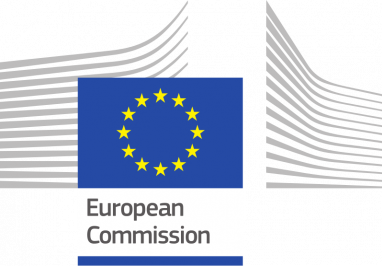
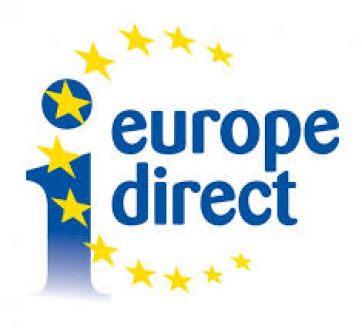
In person:
All over the European Union there are hundreds of Europe Direct information centres. You can find the address of the centre nearest you at: https://europa.eu/european-union/contact_enOn the phone or by email:
Europe Direct is a service that answers your questions about the European Union. You can contact this service:
by freephone: 00 800 6 7 8 9 10 11 (some operators may charge for these calls),
at the following standard number: +32 22999696 or
by email via: https://europa.eu/european-union/contact_en
EU publications
You can download or order free and priced EU publications here Multiple copies of free publications may be obtained by contacting Europe Direct or your local information centre

EU law and related documents
For access to legal information from the EU, including all EU law since 1952 in all the official language versions, go to EUR-Lex at:
http://eur-lex.europa.eu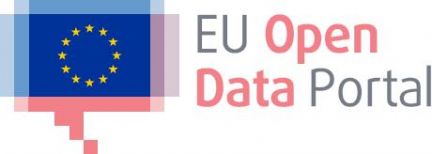
Open data from the EU
The EU Open Data Portal ( http://data.europa.eu/euodp/en)
provides access to datasets from the EU. Data can be downloaded and reused for free, for both commercial and non-commercial purposes.(1)(1)_w510_h196_1.png)
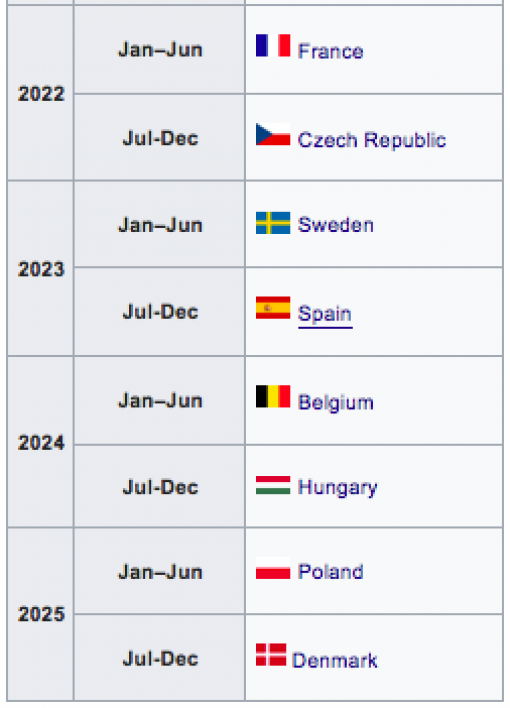
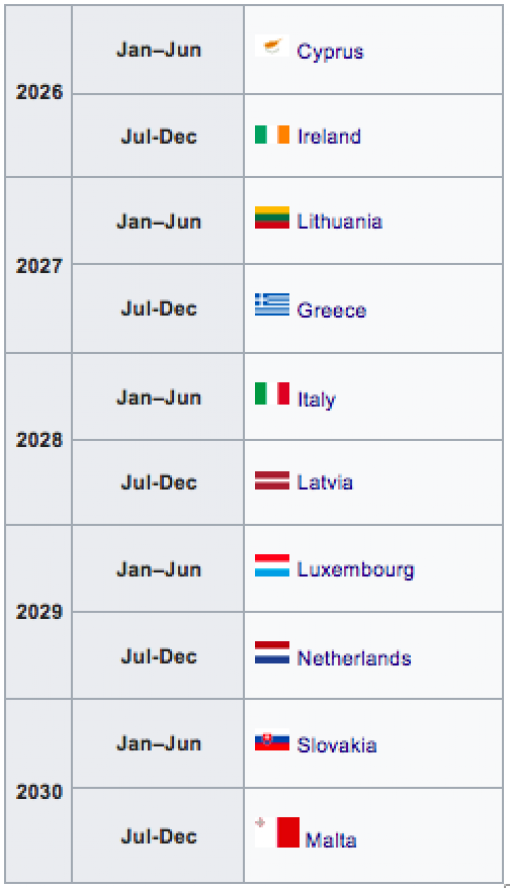
Back to top
_w328_h404_1.jpg)
_w476_h746_1.jpg)
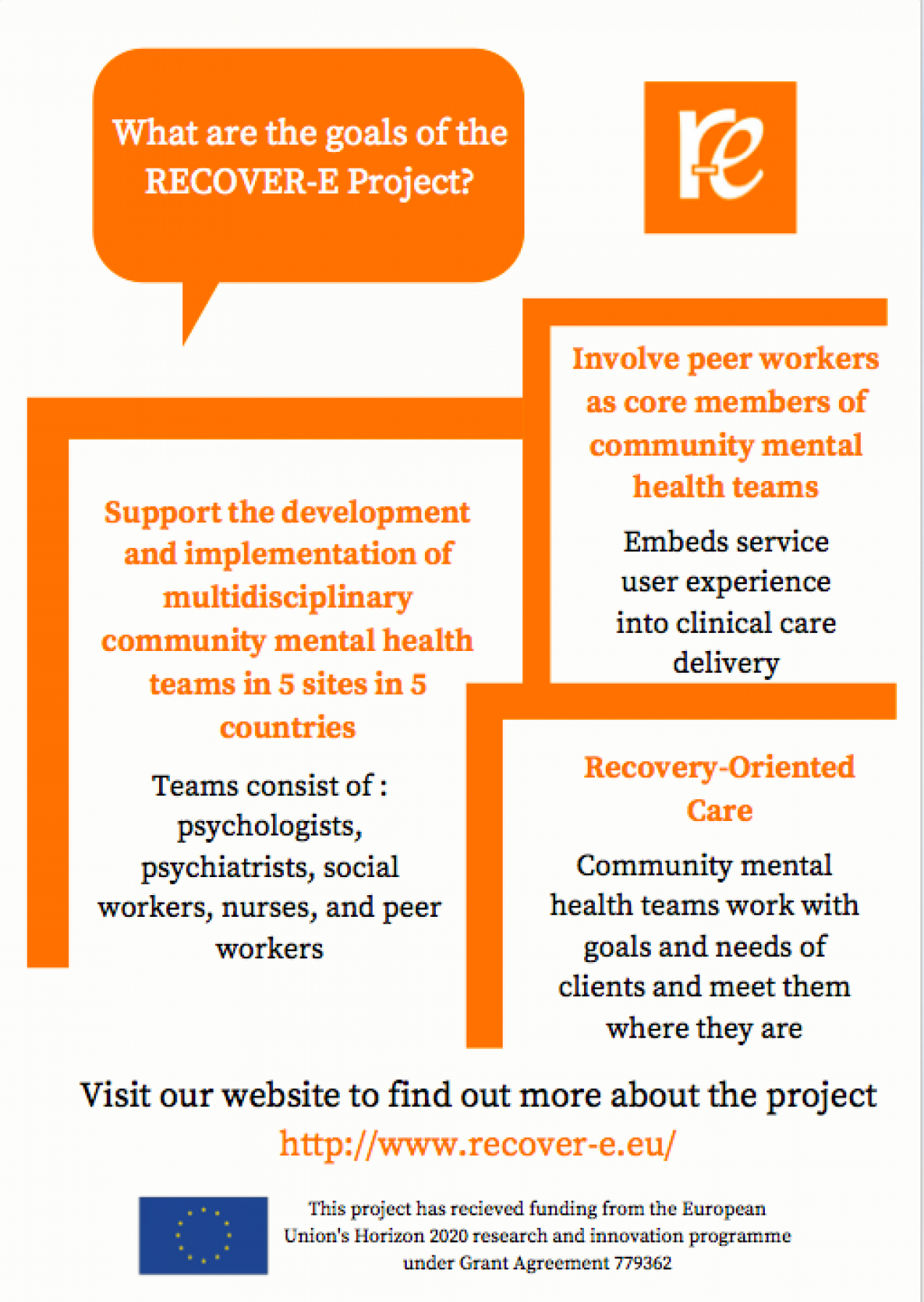
_w460_h158_1.png)
